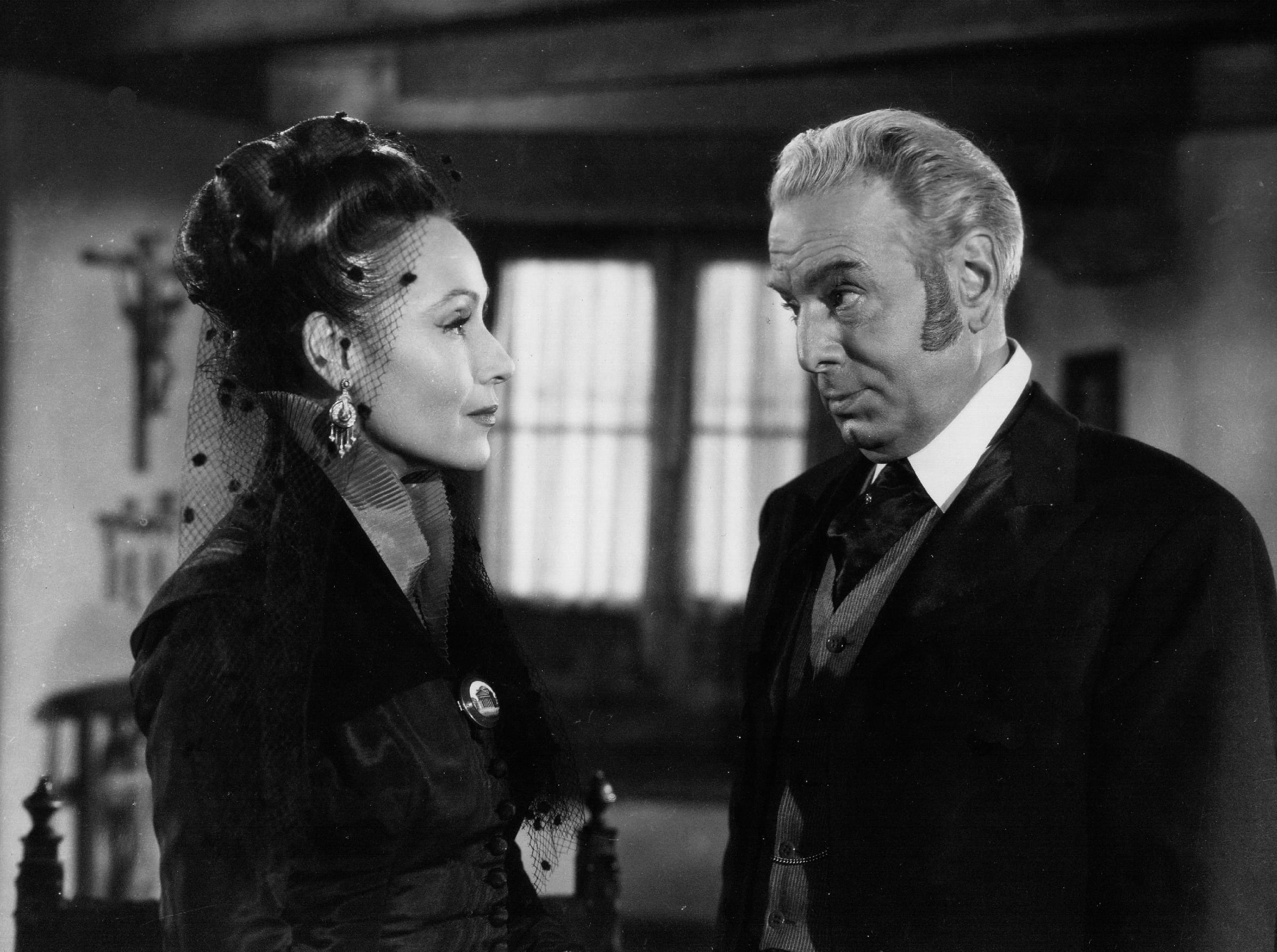RELATED ARTICLE
Macabre in Morelia: Exploring the Dark Side of Juan Bustillo Oro
By Will Noah
The Criterion Collection

The films of Alejandro Galindo tend to open with wide shots, panning over a city or a sprawling industrial complex before zooming in on everyday objects, a shift that links broad social structures with the intimate texture of individual lives. Mexico City was his primary muse, and he bypasses tourist landmarks to nose into hidden corners: alleys and tenements, factories and office buildings, lavish penthouses and boxing gyms, overcrowded buses, greasy bars, and hole-in-the-wall taquerias. In this seething, sprawling megalopolis, compassion and callousness, solidarity and injustice, live cheek by jowl. I immersed myself in Galindo’s films at the twentieth Morelia International Film Festival, and the contrast between the black-and-white urban jungle on-screen and the exquisite Technicolor charms of the city outside the theater could hardly have been greater.
Morelia, the capital of Michoacán province, is a beguiling maze of sixteenth- and seventeenth-century churches, plazas, and palaces. In the dazzling light of October, the weathered, pitted stones blushed sunrise pink, and masses of marigolds blazed in cloistered courtyards. The flagstoned streets and elegant, arched arcades thrummed and jostled with young energy; teenagers with their faces painted like skulls decorated the squares with antic skeletons for Día de los Muertos. The college kids also packed movie screenings, bringing tubs of popcorn and excitable chatter into films their grandparents may have watched when they were new. Every day I walked in out of the sun, settled into a seat in the Cinépolis complex, and prepared for the shock of the old.
Though primarily devoted to contemporary Mexican films, the festival has long championed the country’s golden-age cinema, and in past years has revived the works of Roberto Gavaldón, Julio Bracho, and Juan Bustillo Oro. Every revelation of unseen films from the época de oro is an event, revealing another facet of an under-known but richly vibrant cinema. Galindo, the subject of this year’s retrospective, was a prolific director and screenwriter who made almost eighty films between 1937 and 1985. The series of newly preserved titles in Morelia showcased nine films made between 1946 and 1955, which blend neorealist freshness with melodramatic intensity. Galindo worked across a range of genres—noir, comedy, melodrama, and social realism, often within the same movie—but consistently displayed a warm, humanist concern with characters and relationships. His great theme, at least in the postwar decade, was the conflict between tradition and modernity, which he viewed with sensitivity and ambivalence, seeing both the repression and violence embedded in conservative patriarchal values and the corrosive greed and amorality spawned by desperate anxiety about getting ahead—as well as the resilience nourished by a vibrant culture.
He tells the story of a changing society through a single family in the superb domestic drama Una familia de tantas (A Family Like Many Others, 1949). The film opens with one of Galindo’s signature long shots, a stately 360-degree pan around Mexico City, taking in shiny new office buildings and skeletal towers under construction before brushing through laundry hanging on a rooftop and slipping in through the window of a bedroom where three sisters are sleeping. Soon they are up and squabbling over the bathroom, fretting about their wardrobes, and navigating the strict rituals of a family so traditional that the children kiss their father’s hand and receive their mother’s blessing before leaving the house. The film draws us into the life of this family by seating us at the dinner table with them, and it builds an engrossing story out of a pair of white high heels, trips to the corner store to buy bread, and most consequentially, the arrival of a vacuum cleaner. Gradually, organically, a comedy of manners becomes a saga of oppression, crushed hopes, rebellion, and liberation.



